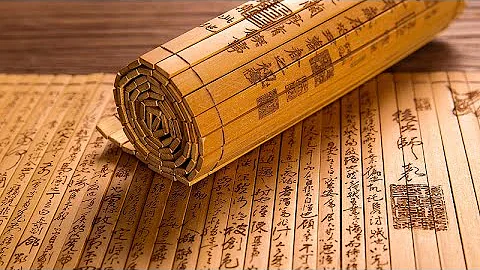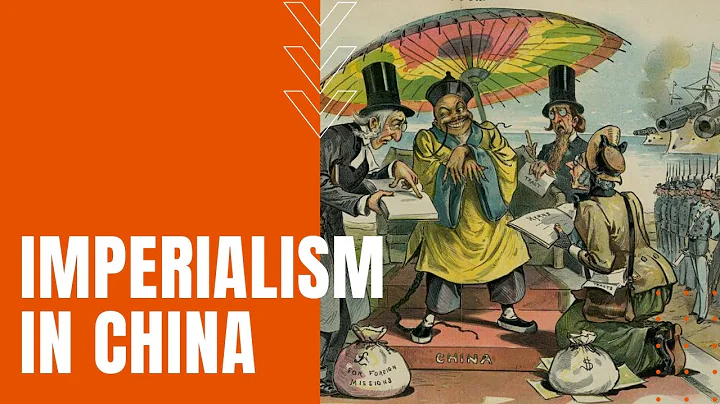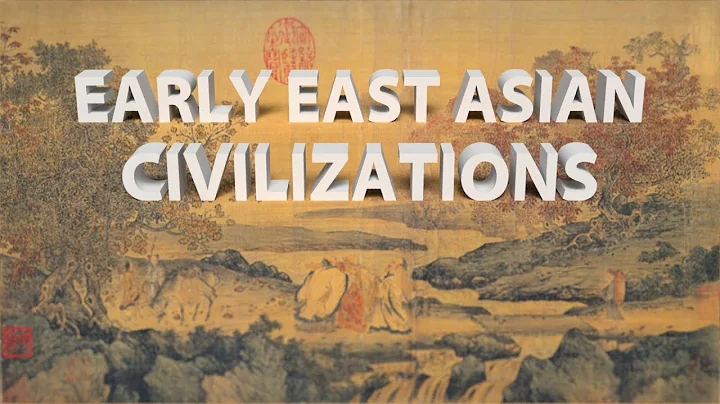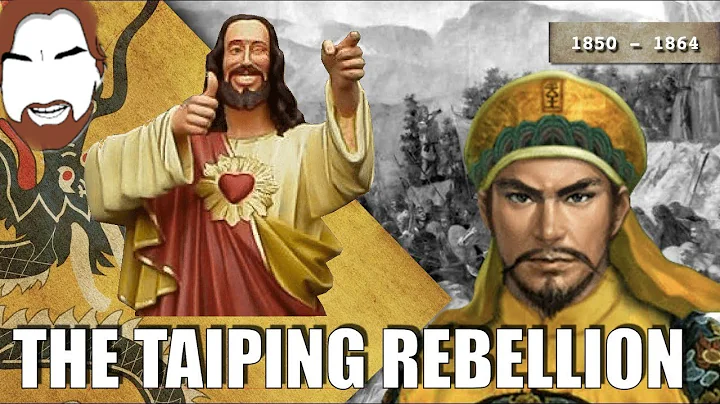Since ancient times, my country and Japan have been inextricably linked and have had a major impact on them, especially in ancient times.
In the Tang Dynasty when the relationship between the two countries was extremely close, Japan sent envoys to the Holy Land of China fifteen times to learn the political, economic, and cultural systems of the Tang Dynasty and use them as a blueprint to reform and develop itself.

Japanese envoys in the Tang Dynasty (paintings)
At the same time, Japan's attitude towards the Tang Dynasty was also quietly changing - gradually turned away from guests and sought a higher status in exchanges.
In the Ming Dynasty, Japanese pirates (Japanese pirate group) frequently harassed our southeastern coast, seeking illegitimate interests and seriously affecting the normal relations between the two countries. In the Qing Dynasty, Japanese imperialism, which harbored evil intentions, wantonly trampled on China's sovereignty.
In fact, as early as the Yuan Dynasty, Japan had been blatantly "competing against the superior country's " in , and it was very coaxing.
Kublai Khan, the founder of the Yuan Dynasty, established the Yuan Dynasty and unified China. Not only did he not use force against Japan, a small country across the sea, but he also used force from 1266 ( to the third year of Yuan ) to 1272 ( During the ninth year of the Yuan Dynasty), friendly envoys were dispatched to Japan many times, and took the initiative to communicate with them to show their good-neighborly friendship..

Kublai Khan (portrait)
What Kublai Khan did not expect was that the Japanese did not take the visit of the Yuan envoy seriously at all . Either not paying enough attention, or simply ignoring it.
Sometimes, they even prevented the envoys from the Yuan Dynasty who came from afar across the ocean from landing, and arrogantly declared: We will never pay a cent of taxes to Kublai Khan.
Kublai Khan couldn't laugh or cry at the ignorant clamor of the Japanese. He didn't even take a fancy to this small country located on an island and in the ocean. He just wanted to realize the nominal "submission of all the countries in the world", and had no intention of asking for their tribute!
The various unfriendly behaviors of the Japanese repeatedly challenged Kublai Khan's tolerance limit , constantly triggering the anger stored deep in his heart.
Unable to bear it, Kublai Khan sent an army to conquer Japan twice. Unfortunately, failed to achieve the expected results.

War scenes of the Yuan Dynasty’s conquest of Japan (painting)
In October of , 11274 (the eleventh year of the Yuan Dynasty), Kublai Khan gave an order, and a maritime fleet composed of 900 warships and nearly 45,000 soldiers and sailors came to the Under the leadership of generals such as Xin Du, Hong Chaqiu , Liu Fuheng , they braved the wind and waves and sailed to Japan on the other side.
When the sturdy and powerful Yuan army arrived at their destination, they fought bravely and gained a lot. However, after successfully captured two islands, the Yuan army's offensive came to an abrupt end and no longer continued to expand the results. Then, he turned around and headed back home.
The Yuan Dynasty's first military operation against Japan ended inexplicably!
html In 11281 (the eighteenth year of the Yuan Dynasty), Kublai Khan once again assembled an army of 100,000 troops to conquer Japan. There are two versions of the outcome of this campaign, both of which are incredible.
One theory is that the Yuan army encountered bad weather on their way to Japan. The strong winds and waves that rose up in the sea capsized the warships, causing the Yuan army to fail to land and fight, so they were buried in the sea.

Yuan Military Fleet (Painting)
However, most people prefer another view. After the Yuan army landed in Japan, the generals held different opinions and argued endlessly because they had different views on combat deployment and action plans. Later, there was internal strife in the army.
Under this situation, the Yuan army, which could not unite and work together to fight against Japan, had to regretfully board the ship and withdraw its troops.
Why did the two large-scale military operations against Japan in the Yuan Dynasty have such embarrassing endings?
There is no clear record of this in the historical materials of the Yuan Dynasty.However, the word "Magnolia Slow·Ti Que" written by Yuan Dynasty opera writer Bai Pu (one of the " Four Masters of Yuan Opera") provides some clues. We can use this as a basis to explore .

Bai Pu (portrait)
Bai Pu mentioned the war against Japan during the Kublai Khan period of the Yuan Dynasty in "Magnolia Slowness·Ti Que", and said:
" Fubo Xunye Zhaoqingbian, how can I be wronged by job's tears?" Laugh at the Japanese slaves, compete with the superior country, and bring trouble to the Central Plains. "
" Japanese slaves " refers to Japan. This term for Japan first appeared in the and Eastern Han Dynasty periods.
In 57 AD (the last year of the Jianwu Zhongyuan Dynasty), before the death of Emperor Guangwu Liu Xiu, the leader of the tribe in the southern part of the Japanese archipelago who was vassal to the Han was named " the Japanese Nu King ". There is a similar record in "History of the Yuan Dynasty": "Japan is to the east of the East China Sea, and was called the country of Japan in ancient times." The content in the lyrics that hints at the failure of the Yuan Army's Eastern Expedition to Japan is "Fubo Xunye Zhaoqing compiled, What’s wrong with Coix?” Especially, the allusion of “ Coix ” in the sentence.
This allusion tells that when General Ma Yuan of the Eastern Han Dynasty was ordered by Emperor Guangwu to conquer Vietnam, he accidentally discovered a local wild plant called "Coix". Its fruit can not only be eaten to fill one's stomach, but also has the effect of "lightening one's body and saving one's desires, thus defeating miasma".

The Fruit of Coix (image)
In view of this, when Banshi returned to the court, Ma Yuan asked the soldiers to collect a cart full of Coix seeds and bring them back to the country . After that, planting will be promoted to benefit the people.
At that time, people saw the seeds of Coix and heard about the uses of Coix. They just thought this exotic plant was very unique and had no other explanation.
However, just after Ma Yuan passed away, a courtier named Liang Song reported to the court: What Ma Yuan brought back was a cart of gold and silver jewelry, not the seeds of Coix..
Emperor Guangwu Liu Xiu heard that Ma Yuan dared to deceive him, and Long Yan was furious, and wanted to punish Ma Yuan's wife and children.
After the feudal lords Ma Wu , Yu Linghou Hou Yu and others learned the reason for Liu Xiu's anger, tried their best to identify and explain to Ma Yuan: It was indeed coix seeds, not gold and silver jewelry! In the end, Emperor Guangwu figured out the truth - Ma Yuan had been framed.

Ma Yuan (statue)
It can be seen that Bai Pu is using Ma Yuan's story and the allusion of "coix" to hint to the world: At the beginning, due to intrigues, suspicions and disharmony within the army and among the generals, the Yuan army was Two campaigns against Japan failed.
Main references: "History of the Yuan Dynasty", "Book of the Later Han Dynasty"




![[Tang Dynasty] The Everlasting Chang'an - Ancient Chinese Civilization - DayDayNews](https://i.ytimg.com/vi/EwlVtnlqocA/hqdefault.jpg?sqp=-oaymwEcCOADEI4CSFXyq4qpAw4IARUAAIhCGAFwAcABBg==&rs=AOn4CLDcCL2qwcvAJj6-ypVIbd1pWcHUhA)
















